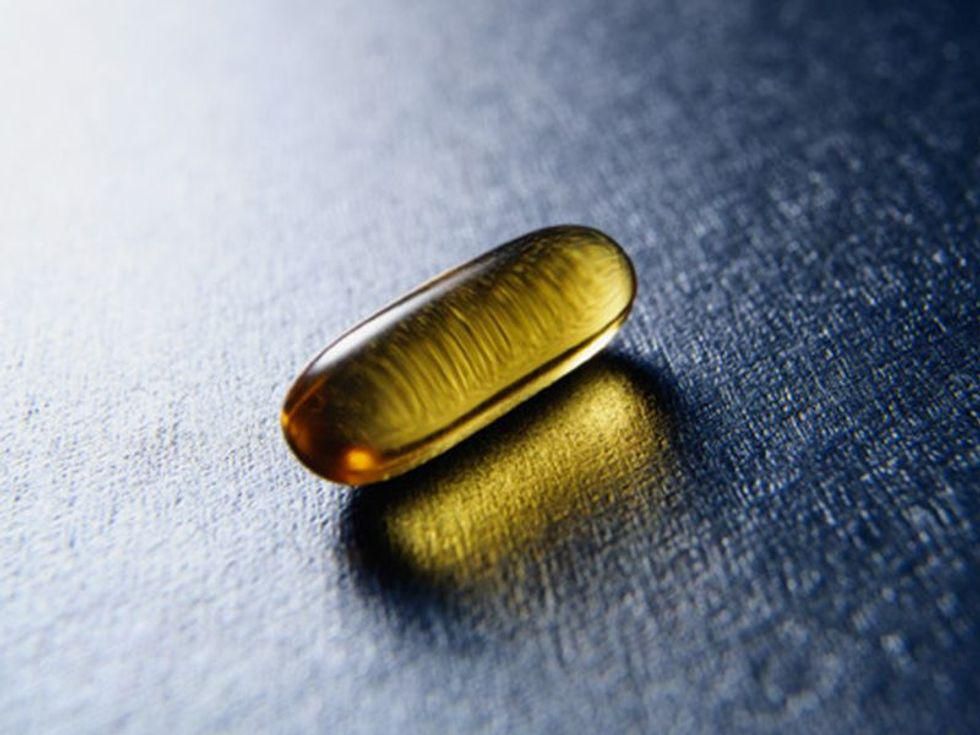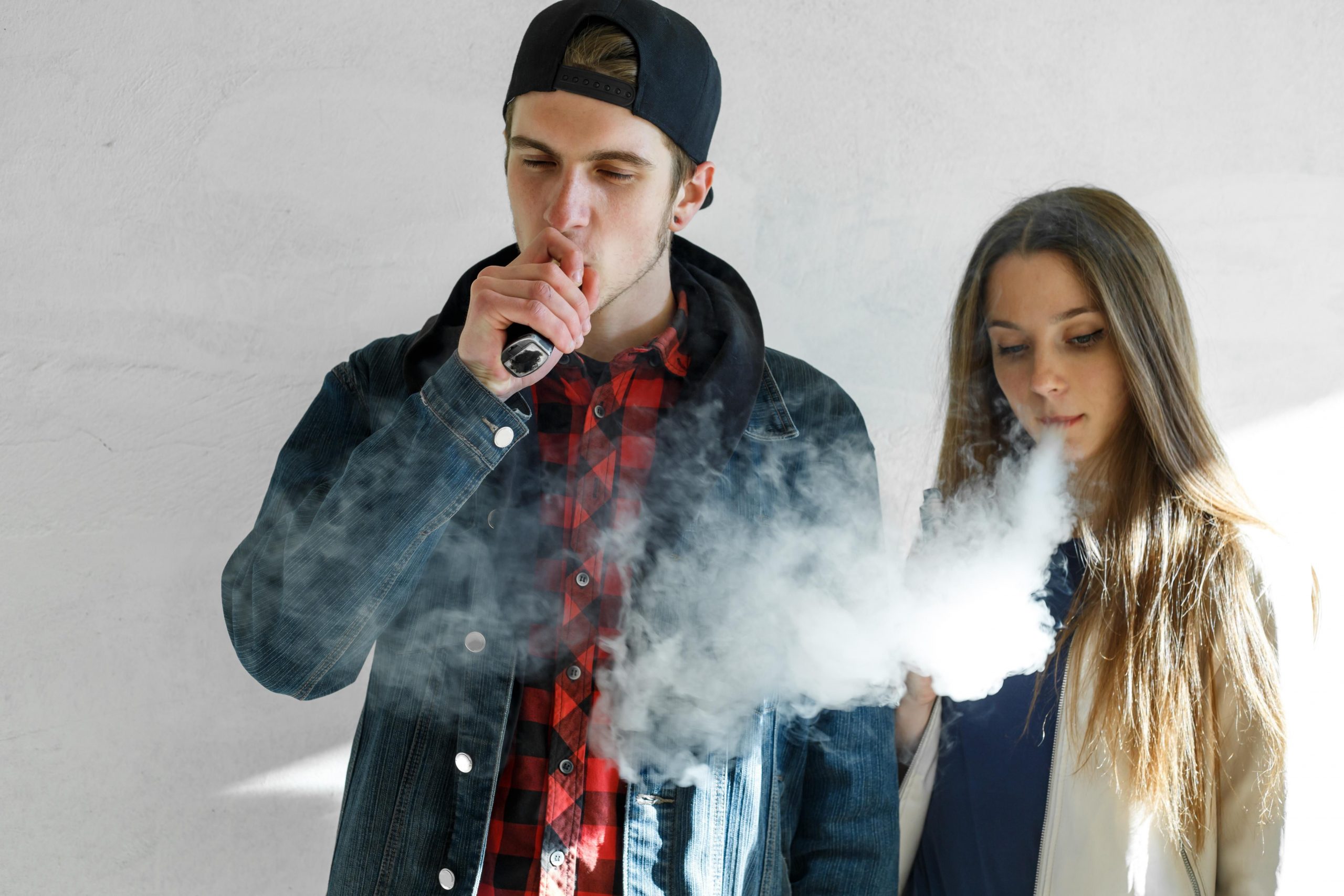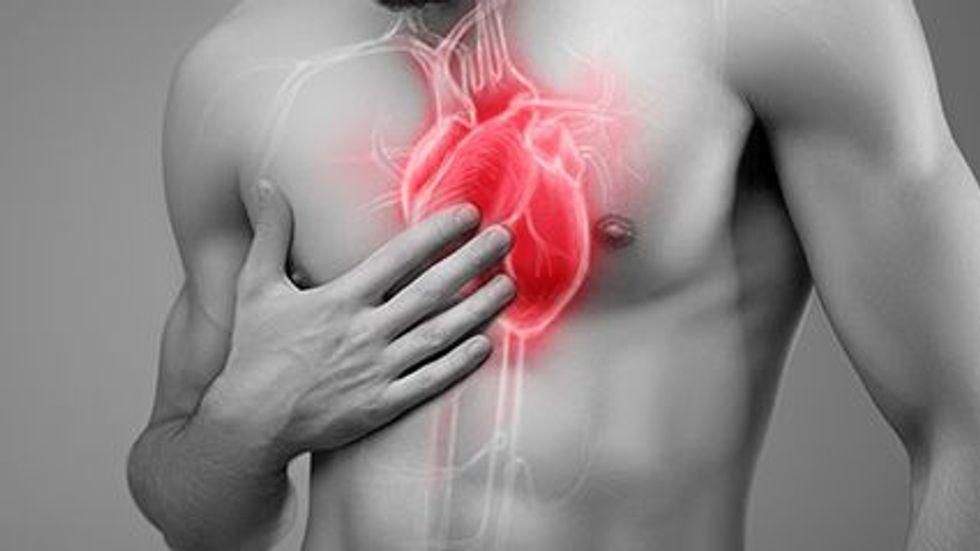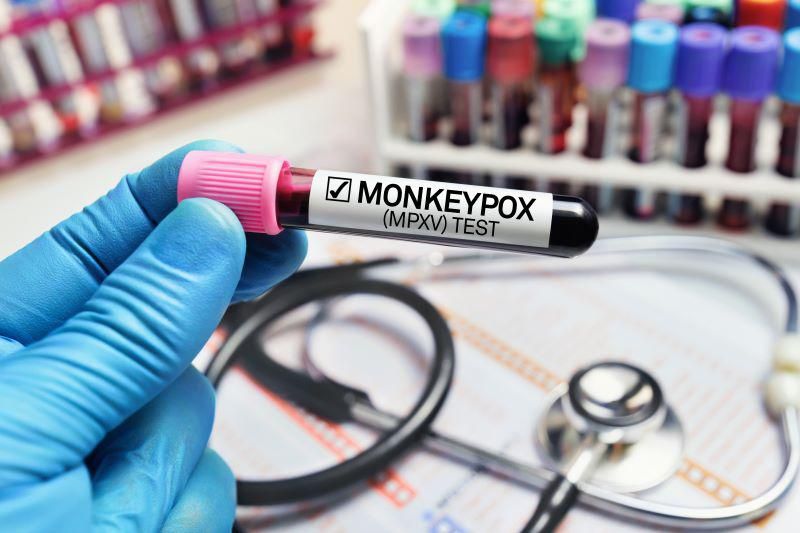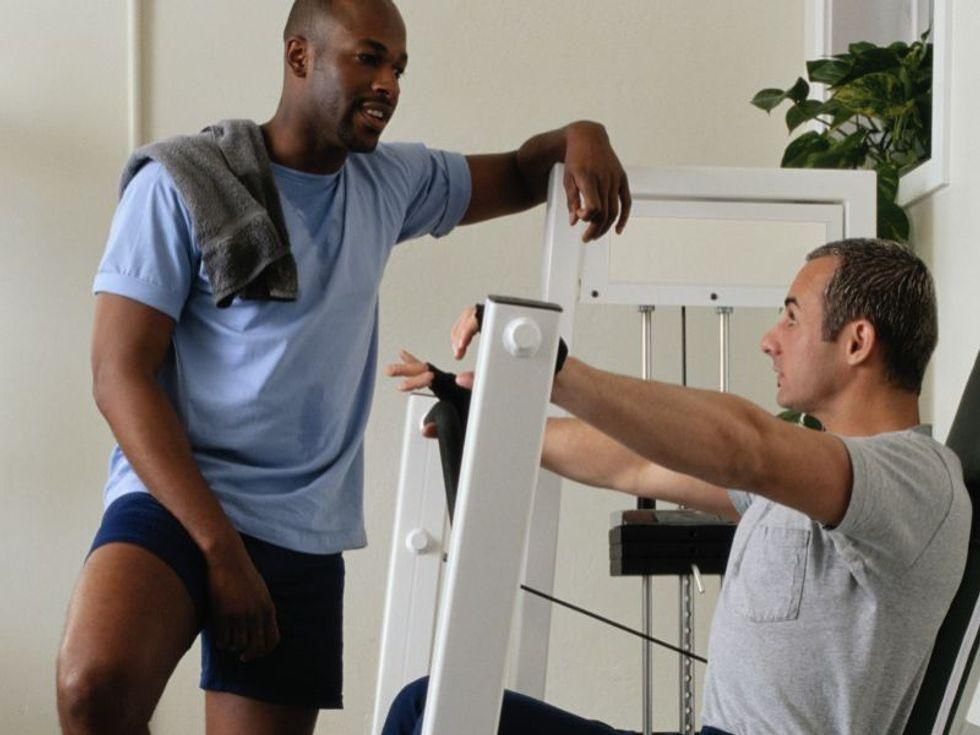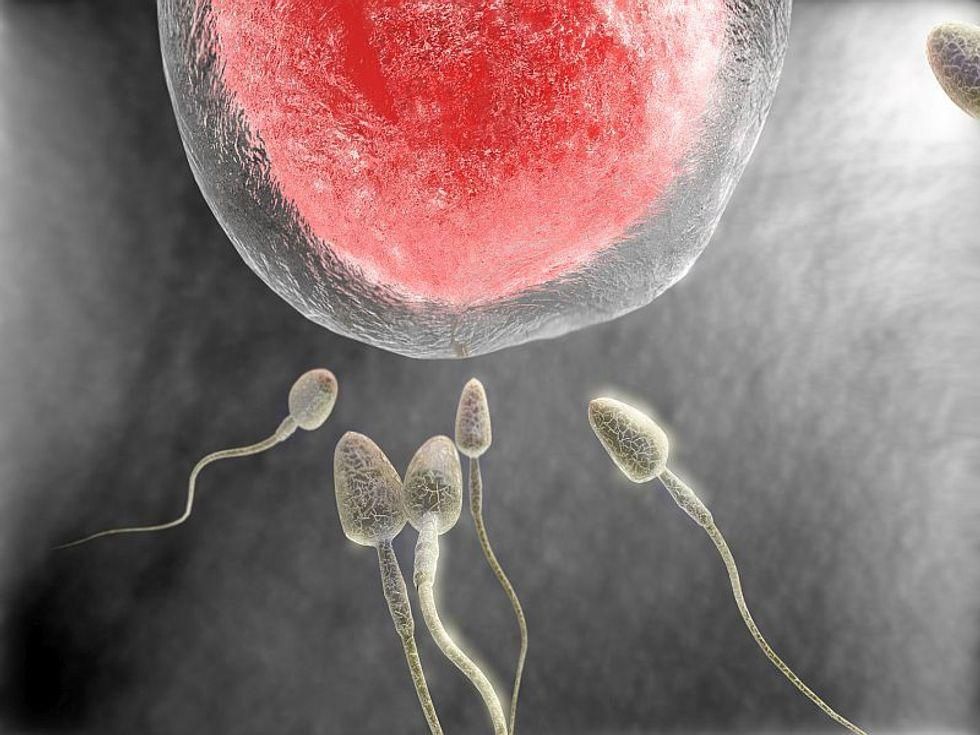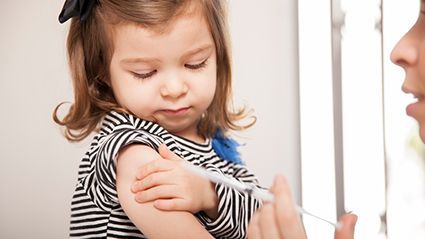
Children should get their flu shot as soon as it is available, preferably by the end of October, a leading medical group recommends. Flu vaccination lagged last year, with 55% of children getting their vaccines, the American Academy of Pediatrics (AAP) noted. Coverage levels were 8 percentage points lower for Black children compared with white… read on > read on >










